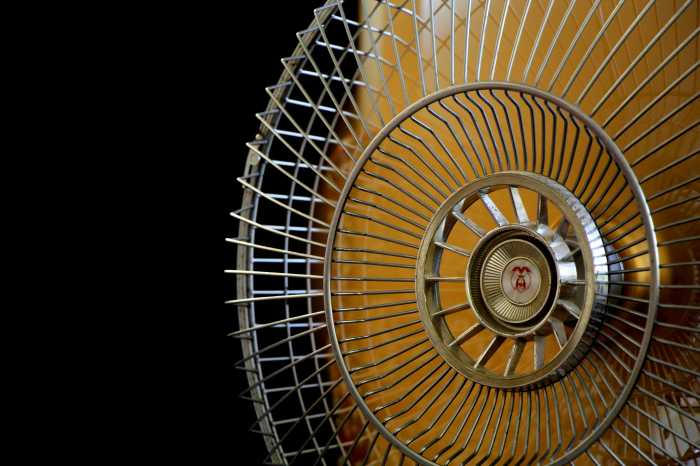The state Department of Environmental Conservation (DEC) added three more sites in Greenpoint to the state Superfund list in late January, bringing the total number of possible originators of the Meeker Avenue Plumes to four.
364 Richardson Street, the former site of Klink Cosmo Cleaners, an industrial dry cleaning facility, 72 Anthony Street, the former site of ACME Steel/Brass Foundry, and 95 Lombardy Street the former site of ACME Steel/Metal Works joined 315 Kingsland Street, the former site of Spic and Span Cleaners and Dyers, under the state’s Class 02 Superfund Program. ACME Architectural Products, the current owner of the 72 Anthony and 95 Lombardy Street sites, is the only company still in operation among the sites under the state’s investigation.
Over the past 18 months, the DEC and the state Department of Health have been conducting an extensive series of testing in two study areas in East Williamsburg and North Greenpoint for the presence of chlorinated solvents known as TCE and PCE in soil and groundwater. Their investigation has revealed dozens of industrial sites in the East Williamsburg Industrial Valley that may be the source of these polluted solvents. Tetracholoethene, known as PCE, and trichloroethene, are chemical compounds that have been historically used by dry cleaning companies to clean clothing and by metal companies to remove grease from metal parts.
A spokesperson for the DEC said that the agency has recently sent out letters of notification to dozens of owners of the properties and is in the process of conducting outreach to determine the companies’ level of responsibility in cleaning up the Meeker Plume site. Typically, much of the funding for the State Superfund program comes from the responsible parties involved or from those who have acquired the properties that have historically contributed to pollution, though it sometimes can be difficult to prove a direct link between a company and the chemicals that have come from their site if there are multiple sources of pollution in a neighborhood where several industries have clustered together.
This is the argument ACME Architectural Products is beginning to express. ACME Vice President Mark Teich indicated that the state has notified their company about the Superfund listing and they are in the process of gathering information.
“The chemicals they are talking about were legal and commonly used in the past,” Teich said. “The Williamsburg Brass Foundry was one of the buildings we acquired over the years. Those chemicals in the 1990s the EPA took off their list. If you dipped off the metal parts in the chemical, all the grease would come off.”
DEC officials found trichloroethene (TCE) in shallow groundwater at concentrations up to 66,000 parts per billion and in deep groundwater at concentrations up to 70,000 parts per billion, exceeding groundwater standards for the chemical. The state has also found TCE in the soil gas at the site at 2,100 micrograms per cubic meter and soil vapors have been discovered in a nearby residential area. At this time, state health officials believe that exposure to site-related contamination in drinking water and the soil is unlikely since the compounds are below the ground surface and the public gets its drinking water from the city’s water system.
Assemblyman Joseph Lentol praised the DEC for listing the sites and moving towards securing the funding and authority to clean up the polluted sites.
“Another especially important part we are working very hard on is having as many residents as possible come to the community meeting we are planning for February 26, so they can learn the truth about this issue, what is being done to address it, and what they can do to get involved,” he said.
The meeting will be held at St. Cecilia’s Church, located at the corner of North Henry and Herbert streets, at 7 p.m. on Feb. 26. For more information, call 718-383-7474.
























